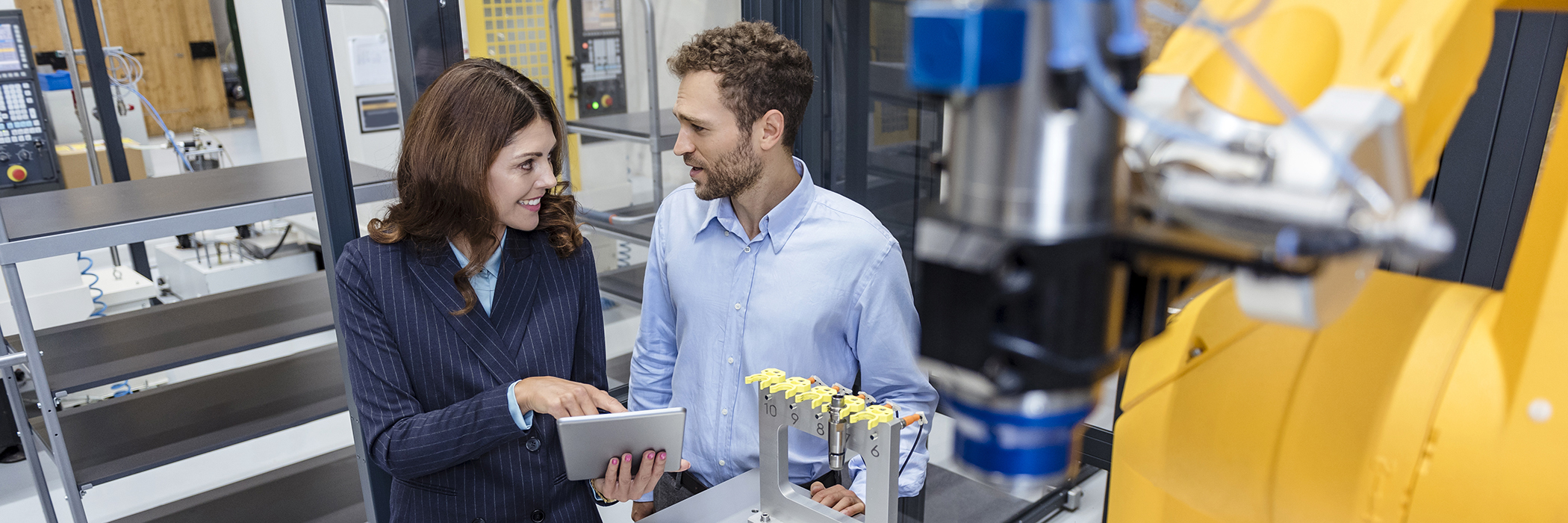"Light Node" blockchain architecture
In cooperation with research and business partners, the FHNW Institute of Business Engineering is developing an ergonomic “Light Node” blockchain architecture for the simplified onboarding of small companies to the innovative “MedTech Blockchain Platform”.
As part of the previous project, the FHNW School of Engineering successfully implemented the "MedTech Blockchain Platform" in cooperation with business partners:
The sponsoring company will ensure the auditable security of quality data as well as the processing of order requests within the MedTech supply chain. The central element is the digital comparison of regulatory quality data, which is stored cryptographically and thus unchangeably.
In the course of the previous project, the EU regulatory authorities adopted stricter "Medical Device Regulations". These require the "distributors" of MedTech products to monitor all processes of the supplier companies in detail. The more stringent regulatory requirements for MedTech products could result in dangerous structural changes in companies in the supply chain and hold the risk of increased overall costs for MedTech products.
The aim of the “Light Node” project is to reduce the greatly increased compliance effort. For this purpose, an optimal network configuration of “Full Nodes” and “Light Nodes” is implemented, which allows the automated comparison of “Device Master Records (DMR)” with “Device History Records (DHR)” across the entire vertical supply chain and meets the privacy requirements of MedTech companies with optimized performance and usability at the same time.
The goal can only be achieved if all companies participating in the supply chain store their data digitally on the “MedTech Blockchain Platform”. This means that even very small and specialized suppliers must have simple and efficient access to the blockchain. Efficient and cost-effective onboarding of such small companies requires the development of an adapted “Light Node” technology for the existing “MedTech Blockchain Platform”.
The actual innovation of this project lies in the interaction of an innovative "Light Node" technology with a digitized DMR / DHR comparison, which is designed in such a way that the supply chain error detection can be optimized flexibly and target-oriented at every vertical level.
Client | |
Execution | |
Duration | 24 months, starting June 1st, 2021 |
Funding | |
Team | Prof. Dr. Adrian Specker, |

